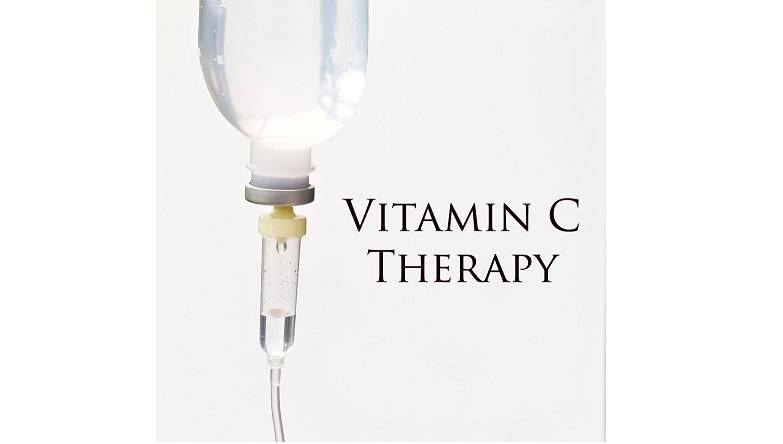FDA-Created Monopoly on IV Vitamin C Threatens Consumer Access to Popular Therapy
In 2017, McGuff Pharmaceuticals received FDA approval for an intravenous vitamin C (IVC) product for the treatment of scurvy, and thus market exclusivity. The FDA notified other manufacturers of IVC that they must stop producing it, giving them a one-year grace period that has now expired. McGuff has subsequently raised the price of IVC. The FDA-created monopoly on IVC will hurt patients. This is a medicine that is ubiquitous in integrative medicine practices as a key ingredient in Myers’ Cocktails, chelation, and cancer IVs. IVC is not normally covered by insurance, so patients need to pay out of pocket. Intravenous administration of nutrients is crucial, as it allows patients to achieve serum concentrations of nutrients that are not obtainable through oral administration. For example, vitamin C’s antiviral effect has been demonstrated to occur at 10-15 mG/dL, a level that can only be achieved intravenously. Cancer patients require multiple vials in a single session and can have multiple sessions per week. IVC is also a potent antiviral, so these patients will also have to pay a premium or simply go without it. Like CBD, the case of IVC is a prime example of the crony medical system—a cheap, safe, and effective natural medicine widely available to consumers is once again turned into an expensive monopoly drug. We must demand that the FDA not enforce market exclusivity for McGuff’s IVC product.




